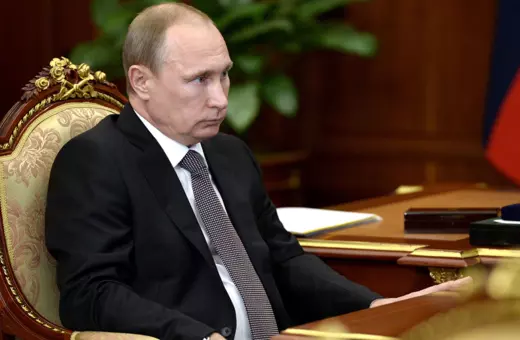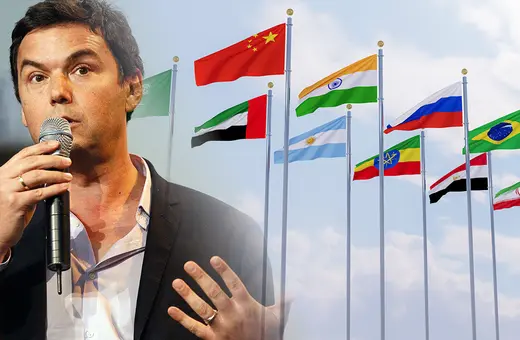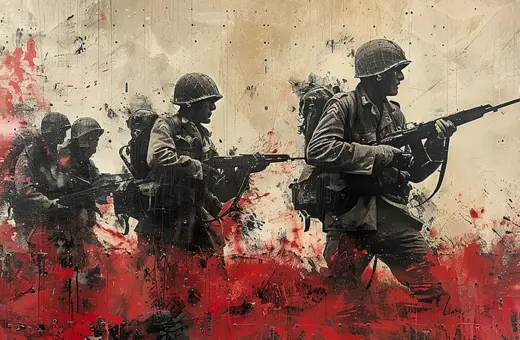In one sense, war most certainly is not a game. People’s lives are at stake. But a branch of mathematical thinking named ‘game theory’ can help us understand relationships between warring states, and how to best navigate them, by treating their interactions as ‘games’. This could help us avoid ever recreating the near human suicide of Mutually Assured Destruction, and could help us find a way out of the Russia-Ukraine war and the tensions between China and the USA, writes Frank Zagare.
Game theory is the science of interactive decision-making. So, it should not be a surprise that it has influenced military planners and strategic thinkers in both academic and governmental circles across the globe. To understand why, first a little background.
 SUGGESTED READING
Psychology wins wars
By Jacob Ware
SUGGESTED READING
Psychology wins wars
By Jacob Ware
A game is any interactive situation in which the outcome depends on the choice of at least two individuals or two decision-making units. Games, therefore, can run the gamut from lighthearted diversions such as a board game to very serious interactions up to and including war. The current relationship between the United States and China, for example, can be thought of as a game. But so can less contentious relationships such as those that exist among some members of the European community.
The participants in a game are called “players.” The players are assumed to be “rational.” This assumption is widely misunderstood. In game theory a rational player is simply a purposeful player. Players in a game can have just about any goal including those that a game theorist might consider fanciful, misguided, or immoral. The assumption that state actors and their leaders have goals is a common, yet usually unstated, assumption among defense intellectuals.
What can the mathematical theory of games tell us about the great issues of foreign affairs? Game theory is a tool and like any other tool it can be used wisely or misused. That said, certain fundamental insights can be gleaned from the corpus of game theory. Perhaps the most pertinent is that rational players do not always fare well. It is sometimes the case that two rational players may, collectively, do worse than two players who make choices that are individually “irrational.” In other words, players in a game can fall into a rationality trap. A good example is when two states get involved in a costly arms race that leaves both sides worse off than they would be if they both decided not to compete. The naval competition between Germany and Great Britain just prior to World War I is a case in point.
___
So-called 'nice' players who cooperate unconditionally are usually taken advantage of. But 'meanies' who never cooperate also do not generally do well
___
A variety of game theoretic methodologies suggests that this trap can best be avoided when all of the players use a “tit-for-tat” strategy that reciprocates cooperation with cooperation, and non-cooperation with non-cooperation. So-called ‘nice” players who cooperate unconditionally are usually taken advantage of. But “meanies” who never cooperate also do not generally do well. The problem that hasn’t yet been solved is how to escape the trap once players fall into it. It is clear, however, that if, for whatever reason, one of the players signals a willingness to cooperate, all the players will benefit if the signal is reciprocated. Unfortunately, neither Beijing nor Washington currently seems inclined to help the other out.





















Join the conversation